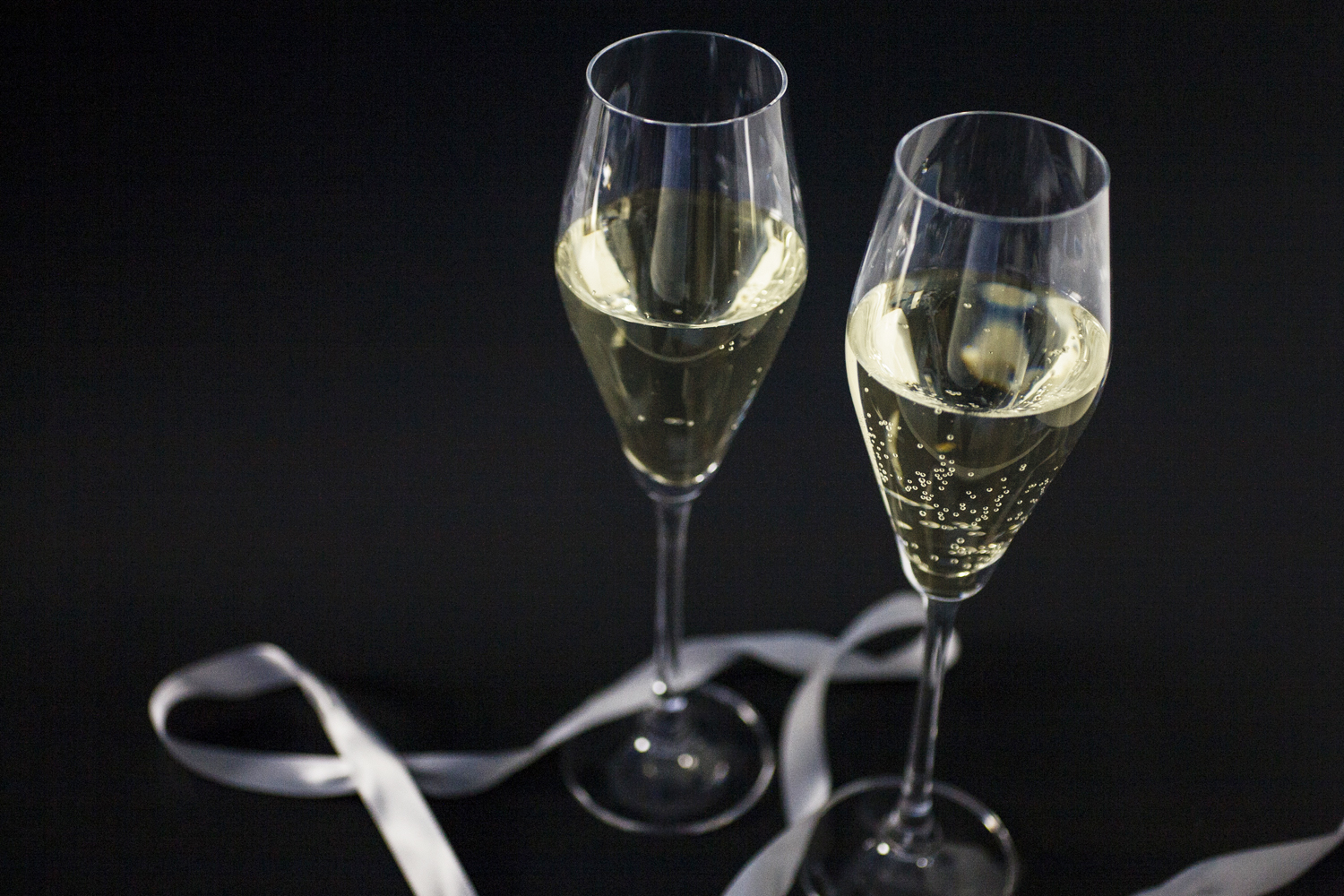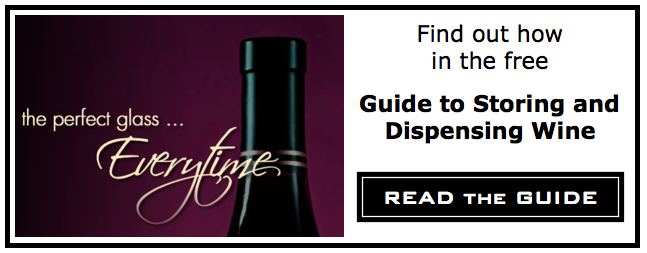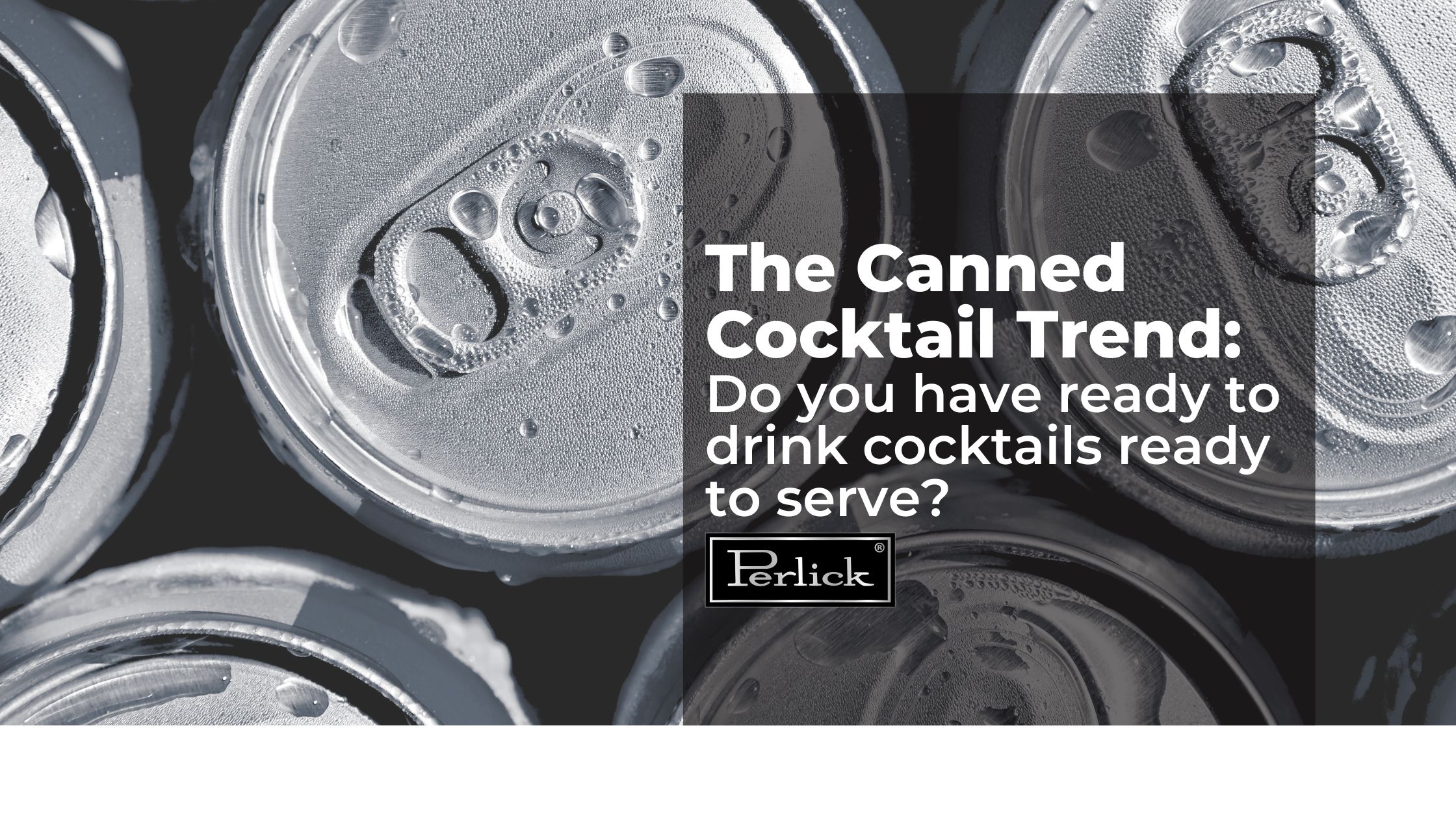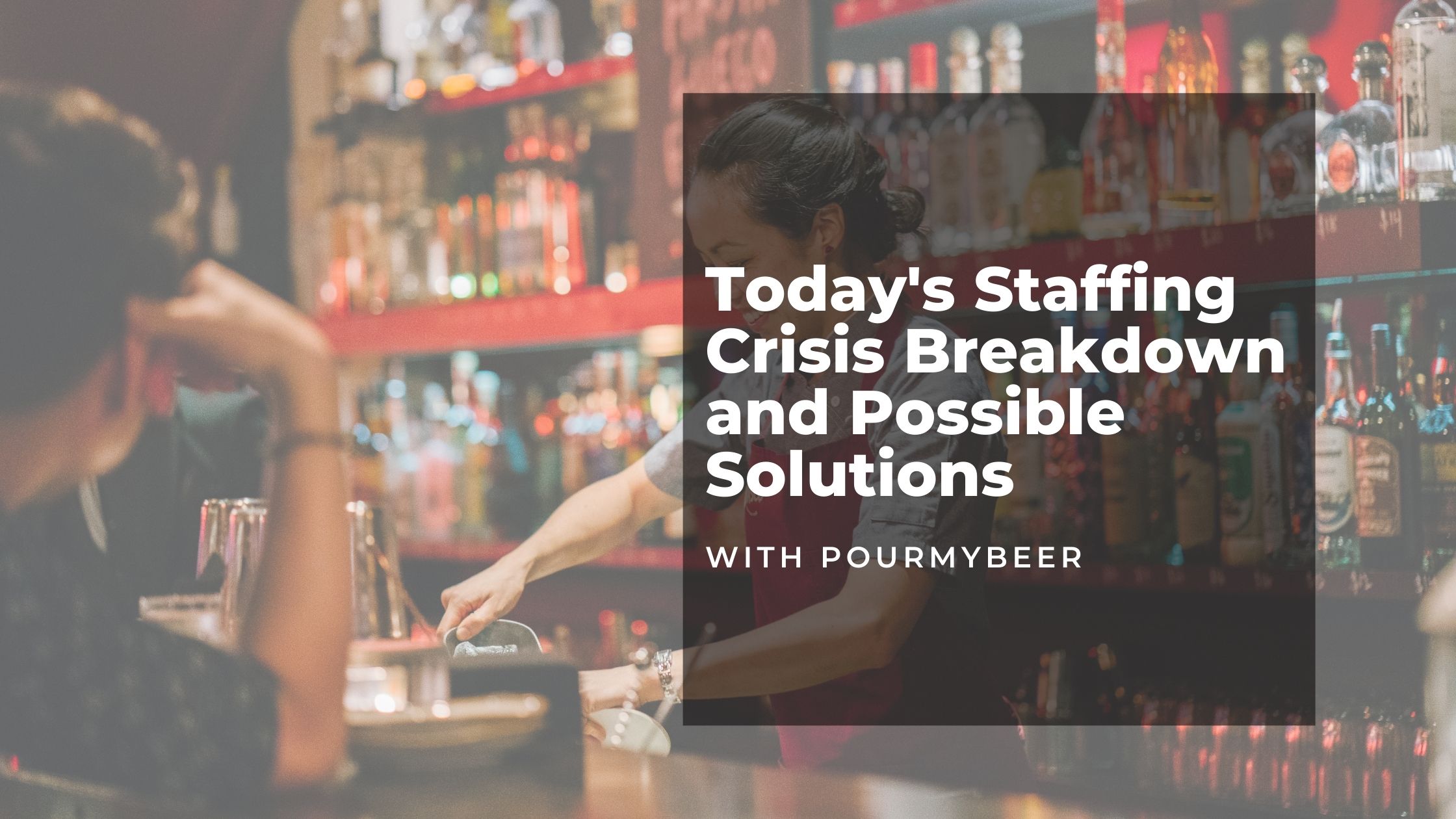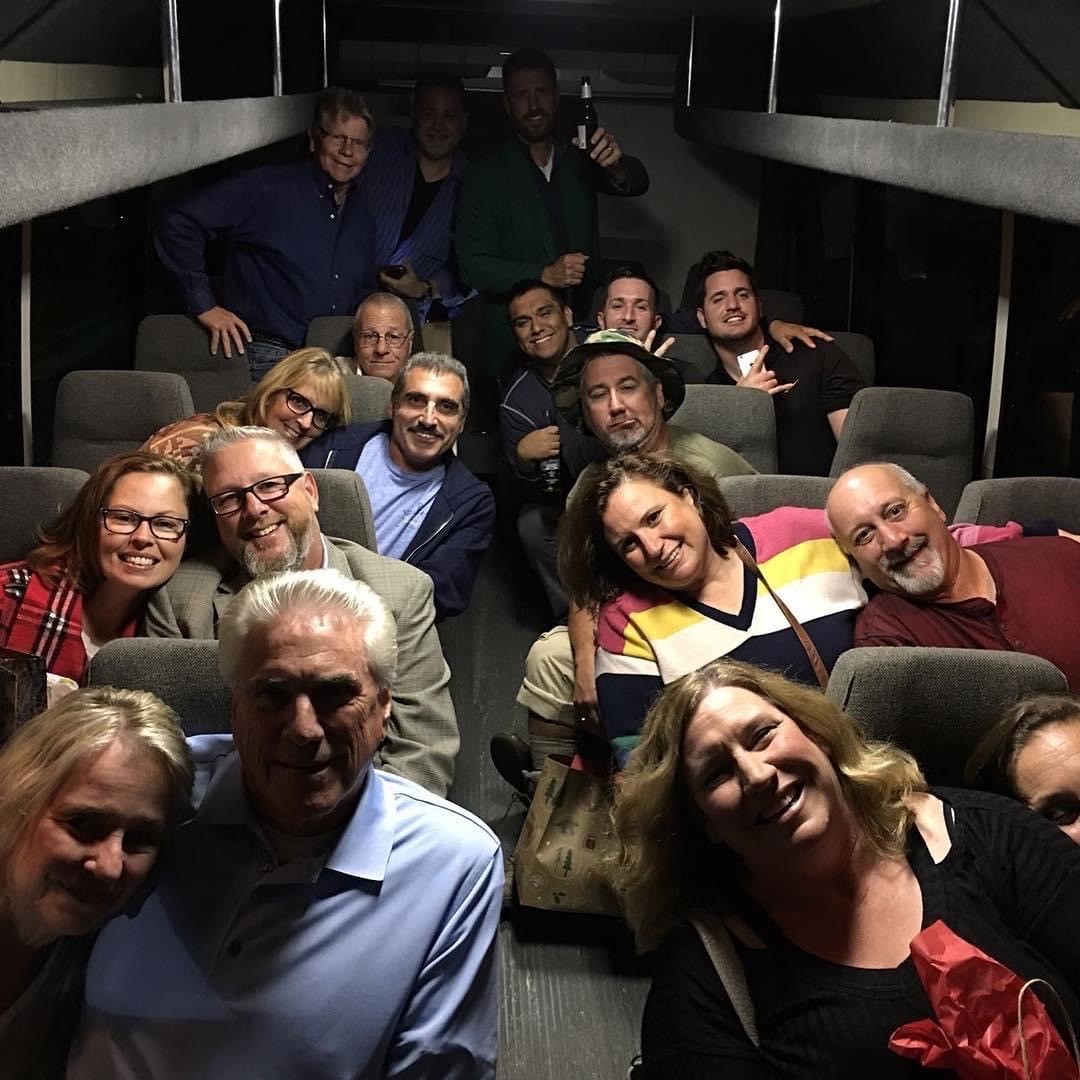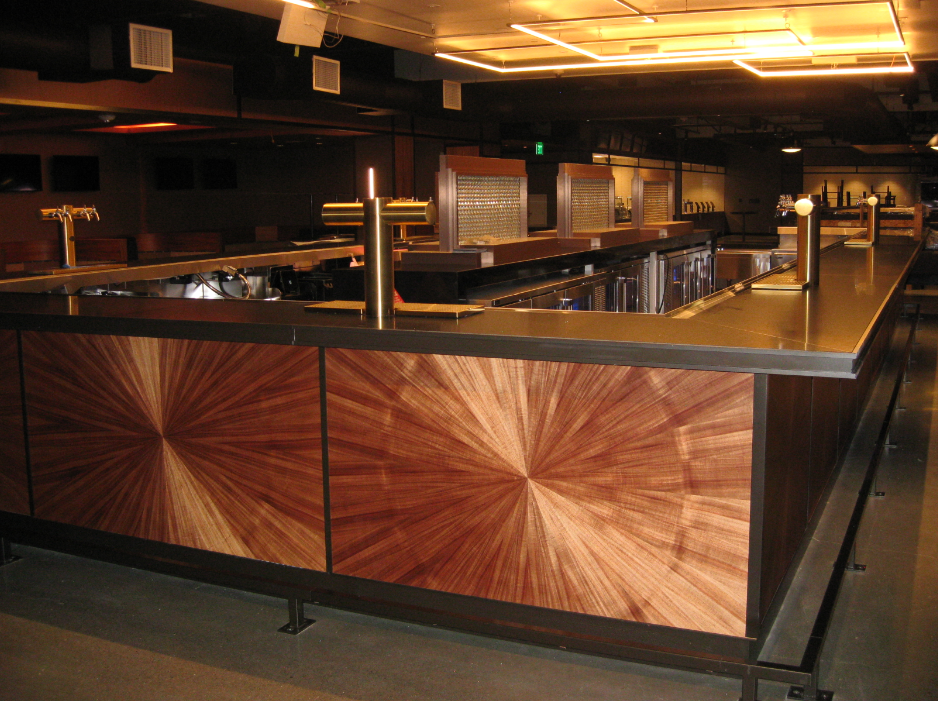Champagne, as we all know, is as closely tied with New Year's Eve as noisemakers, Times Square, and Dick Clark. As the ball drops, we lift up our flutes and toast to the promise of the coming year with the people we love. New Year's is a time to celebrate. But did you ever wonder why we do it with champagne?
The short answer is there isn't one particular reason why we drink champagne on New Year's Eve. It's a long and complex association that is tied in with the history of champagne as much as anything. And that history has many chapters.
King Clovis was said to be one of the first true champagne enthusiasts when he ruled France in the late fifth century. His love for the wine, which was much different back then and would be hardly recognizable today, began a long love affair between French royalty and champagne. This was likely due to the fact that French kings were crowned in the grand cathedral of Reims right in the heart of the Champagne region.
Eventually champagne was the only type of wine allowed in bottles. This process was expensive, thus making the wine itself more expensive. Based on its history of noble preference and efforts by champagne houses to highlight its status, it became more and more popular amongst a growing European merchant class following the rise of industrialization. Demands for champagne increased, but because of its high price tag, most people could only afford it on special occasions.
The final component to the champagne and New Year's association is a religious one. New Year's was traditionally a religious holiday, and like most religious holidays with roots in paganism, it involved ceremonies with alcohol.
Which leads us today, when a beverage fit for the gods themselves is still consumed by masses all across the globe, from Epernay, France to Epiphany, South Dakota.
The Beverage of Kings is also the Beverage of Innovation
Over it's history, champagne has also paved the way for, not just sparkling wines, but the entire wine industry and even modern business in general. Dom Perignon, the famous monk who famously claimed to say, "I am drinking the stars," figured out how to keep corks on the highly pressurized bottles. And even more instrumental was probably the "Widow Clicquot" who is often seen as one of the world's first true businesswomen. Amongst other things, she pioneered the industry by modernizing production and distribution with new bottling and storing techniques.


